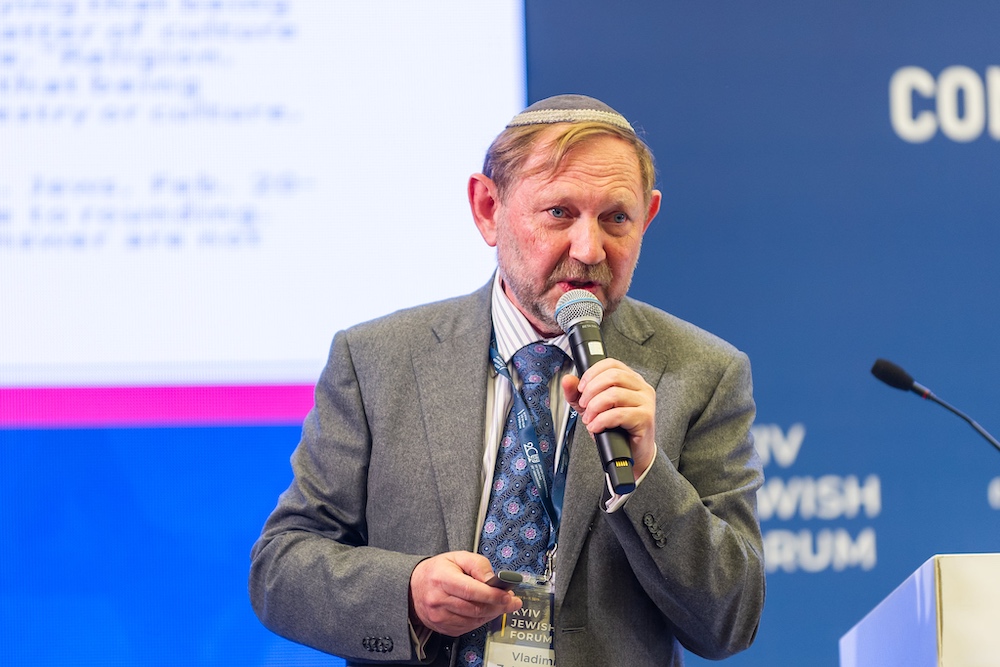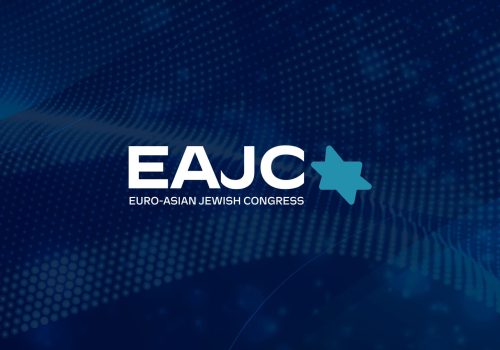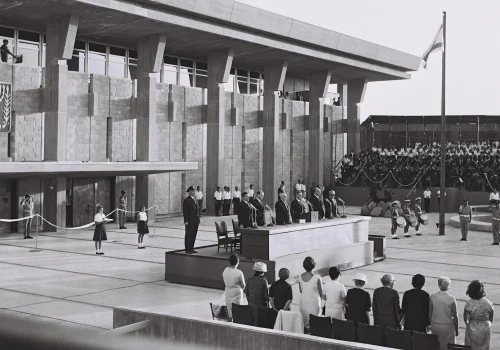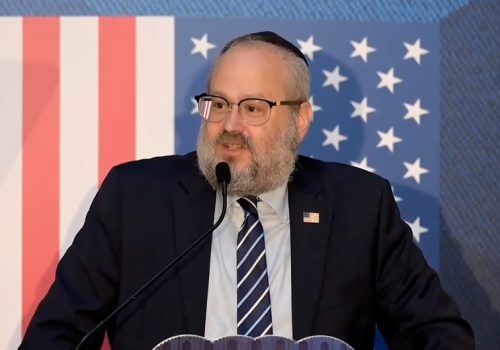- 08/05/2025

From April 27 to 29, the Inter-University Center in Dubrovnik (Croatia) hosted the international conference Jewish Experiences and Post-Socialist Transitions, 1980s–1990s. The event was organized by the Nevzlin Research Center for Russian and East European Jewry at the Hebrew University of Jerusalem, the University of Zagreb, and the Leibniz Institute for Contemporary History (Potsdam, Germany), with the support of the European Association for Jewish Studies (EAJS).
The conference brought together historians, sociologists, literary scholars, and cultural researchers from Israel, Croatia, Hungary, Germany, Canada, the United Kingdom, Romania, and other countries. It focused on the complex history of Jewish communities in Eastern, East-Central, and Southeastern Europe from 1985 to 1995—a period marked by profound political, social, ideological, and cultural transformations, as well as war, violence, and displacement.
Among the speakers was Prof. Ze’ev (Vladimir) Khanin, Academic Director of the Institute for Euro-Asian Jewish Studies (a research project of the EAJC). His presentation, titled “Ideology, Community, and Migration: the ‘Romantic Period’ of the Organized Jewish Life Revival under Perestroika and early post-Soviet Periods (1987–1994)”, explored the driving forces and models behind the revival of organized Jewish life during the final years of the USSR and the early post-Soviet era.
Focusing on Jewish leaders and communities during this pivotal transitional period, the conference offered a new comparative perspective on the experience, challenges, and transformations of Jewish life across the former Eastern Bloc and post-communist Europe.
Prof. Khanin’s presentation generated strong interest, as did his concluding remarks during the final roundtable discussion, in which he emphasized the importance of revisiting the formative experience of the 1990s to help restore the now-damaged infrastructure of Jewish communal life in light of the ongoing war between Russia and Ukraine. He also advocated for a reassessment of the strategic frameworks guiding global Jewish engagement—particularly by transnational organizations and umbrella institutions such as the World Jewish Congress (WJC) and the Euro-Asian Jewish Congress (EAJC)—in relation to post-Soviet Jewish communities.


